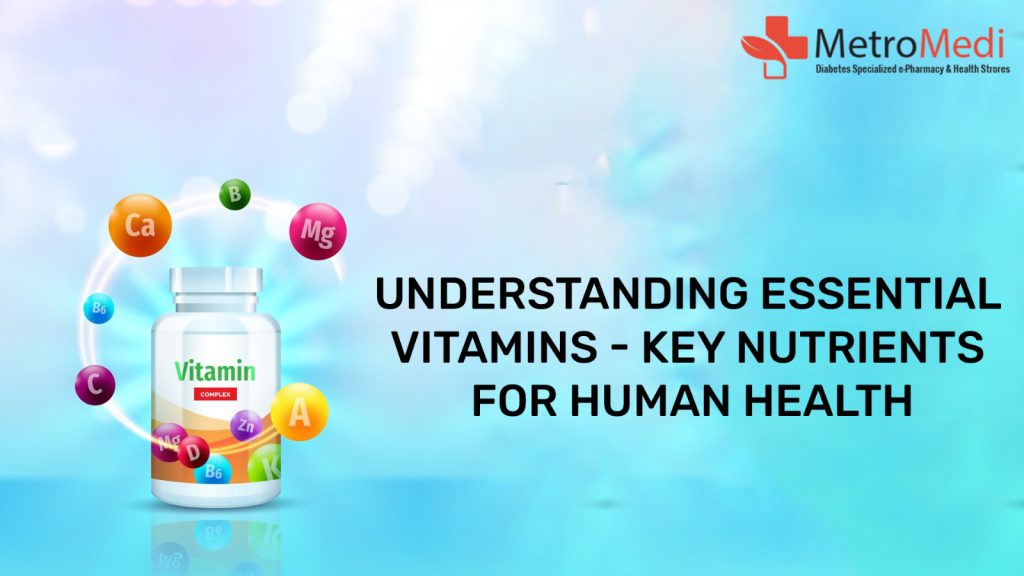
Introduction: Vitamins and minerals are essential micronutrients vital for maintaining human health and well-being. From supporting immune function to aiding in energy production, each nutrient plays a specific role in our bodies. Let’s explore the essential vitamins and minerals humans need and their importance.
1. Vitamin A: Vitamin A is crucial for vision, immune function, and cell growth. Foods like carrots, sweet potatoes, and spinach are rich sources of vitamin A.
2. Vitamin B Complex: Comprising B1, B2, B3, B5, B6, B7 (biotin), B9 (folate), and B12, the B vitamins are essential for metabolism, energy production, and nerve function. Whole grains, meat, fish, and dairy products are excellent sources.
3. Vitamin C: Vitamin C is renowned for its antioxidant properties, supporting collagen production, wound healing, and immune function. Citrus fruits, strawberries, and bell peppers are abundant in vitamin C.
4. Vitamin D: Vitamin D is critical for bone health and immune function. Sunlight triggers its synthesis in the skin, and it can also be obtained from fortified foods and fatty fish.
5. Vitamin E: Vitamin E acts as an antioxidant, protecting cells from damage, and supporting immune function. Nuts, seeds, and vegetable oils are rich sources of vitamin E.
6. Vitamin K: Vitamin K is essential for blood clotting and bone health. Leafy greens, broccoli, and soybeans are excellent dietary sources.
7. Biotin (Vitamin B7): Biotin is vital for metabolism, skin health, and nerve function. It can be found in foods like egg yolks, nuts, and whole grains.
8. Folate (Vitamin B9): Folate is necessary for cell division and DNA synthesis. Leafy greens, legumes, and fortified grains are good sources of folate.
9. Vitamin B12: Vitamin B12 supports nerve function and DNA synthesis. It is predominantly found in animal products such as meat, fish, and dairy.
10. Riboflavin (Vitamin B2): Riboflavin is essential for energy production, metabolism, and cellular function. Dairy products, leafy greens, and whole grains are sources of riboflavin.
Conclusion: A balanced diet rich in a variety of nutrient-dense foods is crucial for obtaining these essential vitamins and minerals. Incorporating these nutrients into your diet supports overall health, immune function, and vitality.
